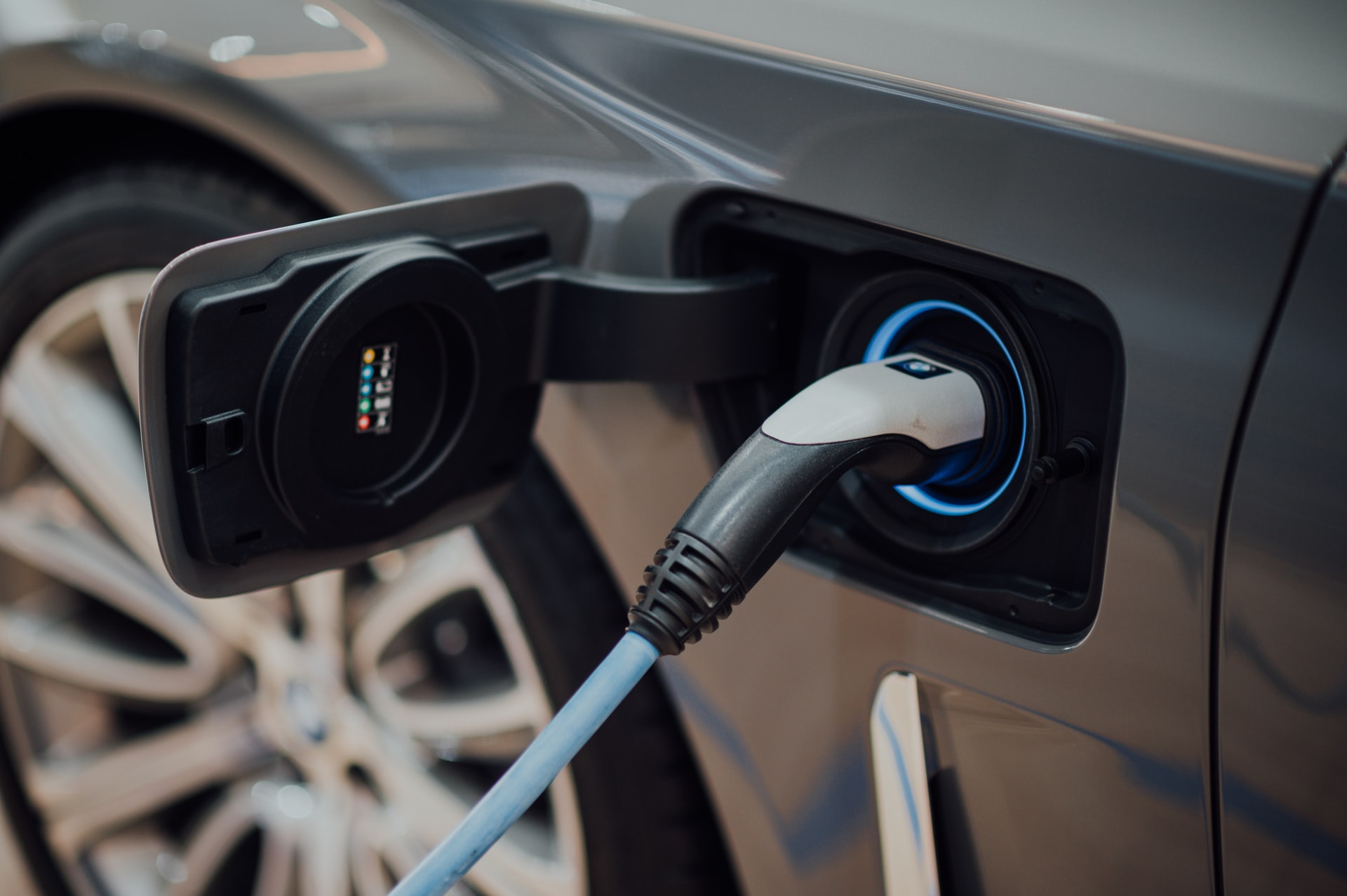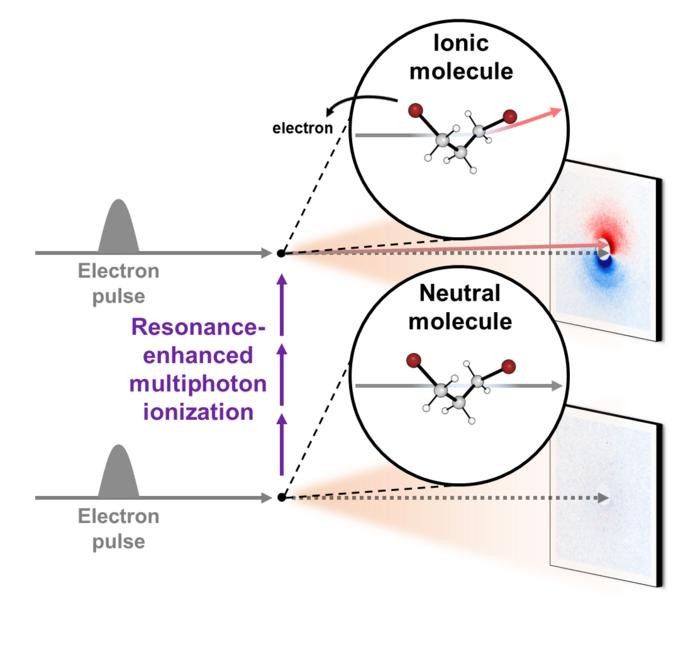The vast majority of electric vehicles (EVs) today use a voltage of the level of 400V, with only a few exceptions differentiating from it. As experts in the field comment, this figure may double by 2025, with all new models released by then built on an 800-volt architecture.
The main reason for this jump is that the higher voltage will enable manufacturers to charge their models a lot faster since higher voltage for the same resistance results in more current channeled into the cells. Voltage is essentially the “force” that pusses electrons to circulate, so the higher it is, the more electricity flows to an electric device, in this case, the EV’s battery.
For comparison, a 400V charging system can offer charging powers of around 50 kW, while state-of-the-art 800V chargers reach five times that, at 250 kW. Some sophisticated solutions like the system used in the Porsche Taycan, for example, can go up to 270 kW.
The reason why car manufacturers have limited themselves to 400V so far is heat generation and the additional costs for the design and production of custom-made solutions required by 800V platforms. On the other hand, components needed for sub-450 voltages were mostly readily available in the market. Furthermore, handling the additional heat of the higher voltage requires more control and safety systems and enforces the use of high-efficiency electrical components to reduce energy losses and thermal runaway.
As premium car manufacturers like Porsche, KIA, Hyundai, and Audi pushed the limits with their top-range EV models, supported by Rimac, that possessed the know-how, the production of high-voltage components ramped up and will soon reach a scale that will have an industry-wide effect.
The market has already adjusted to this, with the average consumer considering 800V superior offerings, and hence, other carmakers are obliged to match competitor offerings. Even those who sell 400V EVs today have to make promises of future upgradability, as their products are treated as second-class, and their price is pushed down.
Here’s Why The EV Industry Will Make a Leap From 400V to 800V
By: | April 26th, 2022

Photo by CHUTTERSNAP on Unsplash
More articles from Industry Tap...





